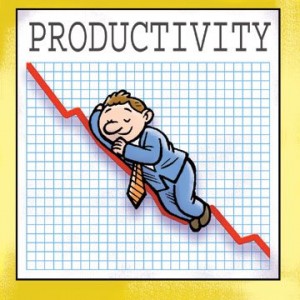No, I’m not talking about social media although you can use that as a starting point. I’m talking about the phone. Pick up the phone and call someone you might like to know.
It doesn’t have to be a prospective client. In fact, for most attorneys it probably shouldn’t be. Call someone who works in the market you are targeting, someone who sells to, advises, or is otherwise influential in that market. It could be another professional, someone who owns or manages a business, a blogger, or the head of an association. Anyone who (a) knows people who might (one day) need your services, or (b) knows people who might know those people.
What do you say? It almost doesn’t matter. Just call and reach out to them. Don’t ask for business or talk about yourself (other than introducing yourself), talk about them. After you introduce yourself, tell them you called to. . .
- See if you could interview them for your blog or newsletter
- Ask them to participate in a 90 second survey for an article you’re writing
- Ask for their take on an article you read in one of their industry’s journals
- Offer to send them a report, ebook, article reprint
- Invite them to coffee
- Invite them to your seminar/webinar/event
- Invite them to be your guest at your networking group’s next meeting
- Compliment their web site/ad/brochure
- Tell them you have a mutual contact
Just get the conversation started. Then ask about them their business. Find out what they do and how they do it. What are they looking for? What can you do to help?
Of course you know they will ask you about your practice. Tell them briefly and change the subject back to them.
Afterwards, send them an email or better yet a hand written note and tell them you enjoyed the conversation. Follow up with the next logical step or if there isn’t one, just stay in touch. If you can, send them a referral. Send another article they might find helpful. Calendar a few weeks or a month or two and call again.
Networking is a courtship. You go on a date and if you like each other you go out again. If things go well, you get engaged. That’s when referrals, joint ventures, and other good things happen.
Most attorneys never do this. They let their egos get in the way or they don’t think it will do any good. That’s sad. There are people out there who would love to meet you but they aren’t going to call you. Go ahead, call someone today. Introduce yourself and see if they want to date.









